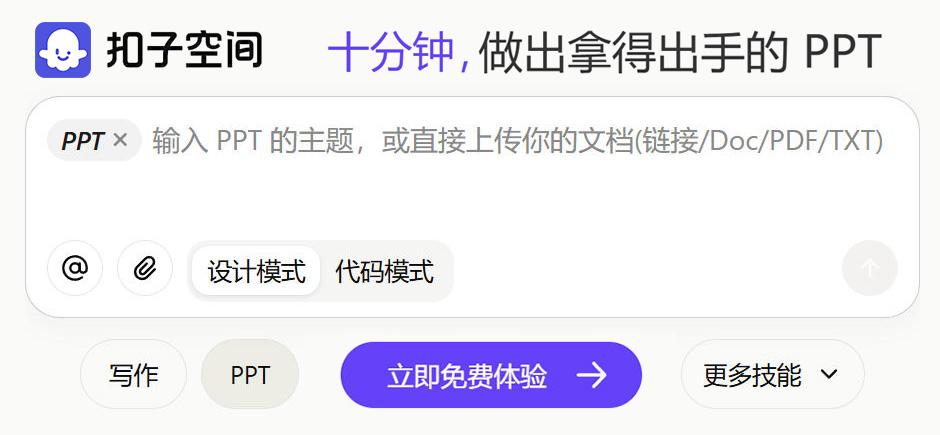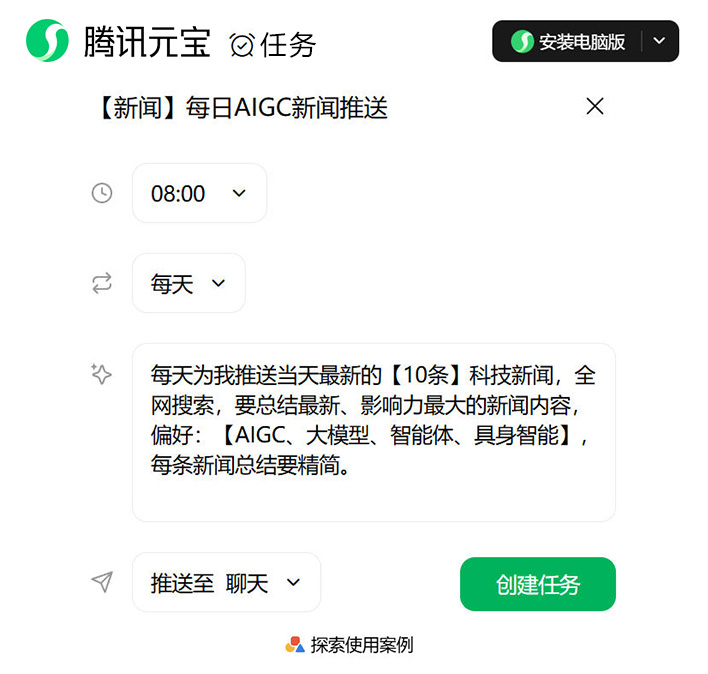Hip-hop is more than just a genre of music—it is a cultural movement that has evolved alongside technology. From its roots in the Bronx to its global influence today, hip-hop has continually adapted to new tools and innovations, including artificial intelligence (AI). In recent years, AI has transformed the way music is created, produced, and consumed. This article explores how AI is reshaping the hip-hop landscape, focusing on the role of AI-generated music prompts and their impact on the industry.
AI and Hip-Hop: A New Era of Creation
The integration of AI into hip-hop has opened up new creative possibilities. Traditional music production involves complex workflows, from writing lyrics to recording instruments. AI offers a streamlined approach, allowing artists to experiment with sound, tempo, and rhythm in ways that were previously impossible. For instance, AI-powered tools can generate melodies, harmonies, and even beat structures that align with a song’s thematic content. These tools are particularly valuable for artists who are not trained in music production, enabling them to create high-quality music with minimal technical expertise.
The Role of AI Music prompts
At the heart of this transformation are AI music prompts. These prompts are essentially instructions that guide AI models to generate specific types of music. They can be based on genres, moods, rhythms, or even specific themes. For example, a prompt might ask, “Generate a hip-hop track with a reggaeton influence, featuring a slow build-up and a punchy bassline.” By providing such detailed instructions, artists can ensure that the AI produces music that is both stylistically accurate and creatively engaging.
How AI Music Prompts Work
AI music prompts typically involve natural language processing (NLP) and machine learning. When a user inputs a prompt, the AI model analyzes the language and translates it into a format that the machine can understand. This process involves breaking down the prompt into components such as genre, tempo, key, and instrumentation. The AI then uses these components to generate a musical composition that aligns with the user’s vision.
One of the key advantages of AI music prompts is their flexibility. Artists can refine their prompts based on feedback, allowing for iterative improvements in their music. This iterative process enables creators to experiment with different ideas without the need for extensive trial and error. Furthermore, AI can generate multiple variations of a single prompt, offering artists a vast array of options to explore.
The Impact on Hip-Hop Production
The impact of AI on hip-hop production is multifaceted. On one hand, it democratizes music creation, allowing more artists to produce high-quality music without the need for expensive equipment or professional studios. This has led to a more diverse and inclusive hip-hop scene, where emerging artists have greater opportunities to showcase their work. On the other hand, there are concerns about the potential homogenization of hip-hop, as AI-generated music may lack the human touch and emotional depth that define the genre.
Challenges and Opportunities
While AI offers exciting opportunities, it also presents challenges. One of the most significant challenges is the issue of authenticity. Hip-hop is deeply rooted in human experience and expression, and AI-generated music may struggle to replicate the emotional resonance that human artists bring to their work. However, this challenge is not insurmountable. By combining AI with human creatiViTy, artists can produce music that is both technically advanced and emotionally compelling.
Another challenge is the ethical use of AI in music production. Issues such as copyright, intellectual property, and the potential for AI to be used as a tool for mass production raise important questions. Artists and producers must navigate these issues carefully, ensuring that they use AI in a way that respects the cultural and artistic integrity of hip-hop.
Conclusion
In conclusion, AI is reshaping the hip-hop landscape in profound ways. By providing powerful tools for music creation, AI is empowering artists to explore new creative frontiers. However, it is crucial to approach these technologies with awareness and responsibility. The future of hip-hop lies in the balance between human creativity and technological innovation, and by embracing this balance, the genre can continue to evolve and thrive.








 津公网安备12011002023007号
津公网安备12011002023007号